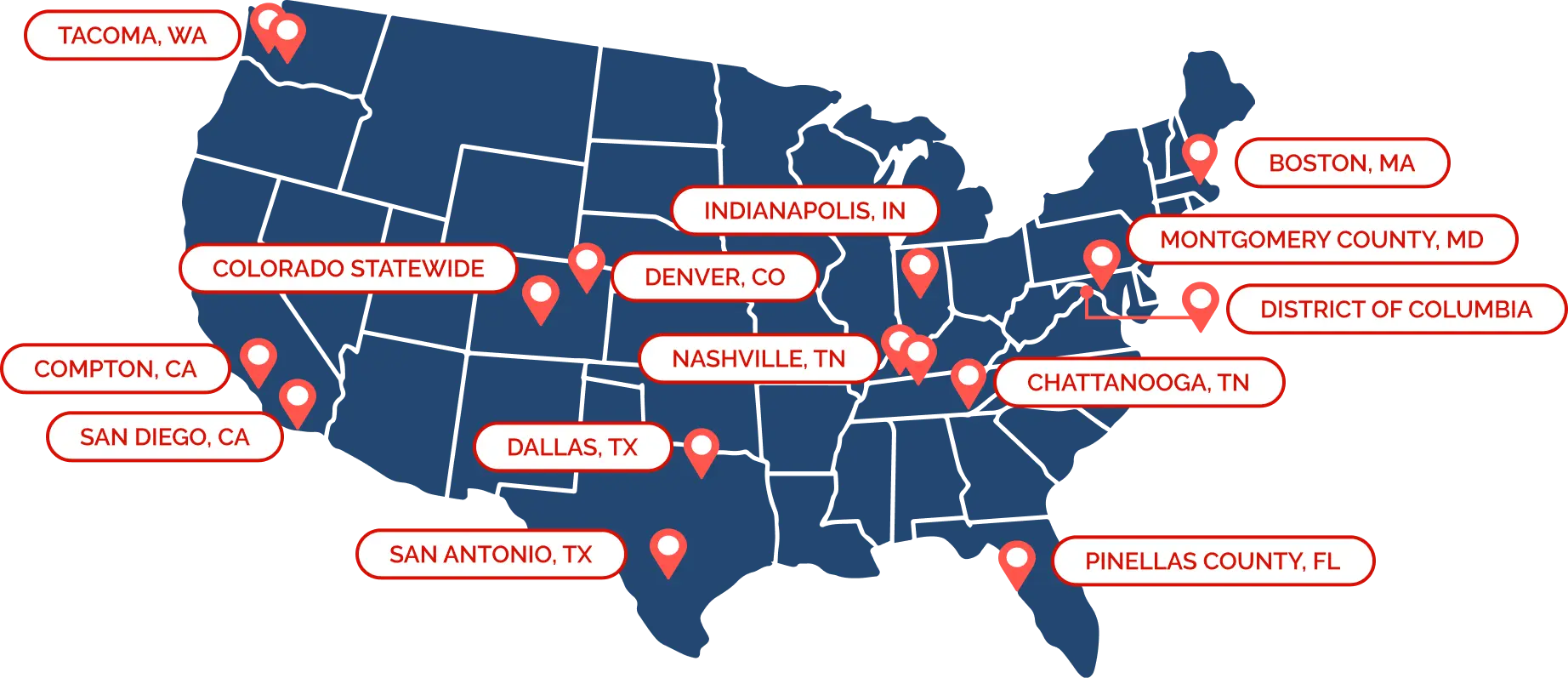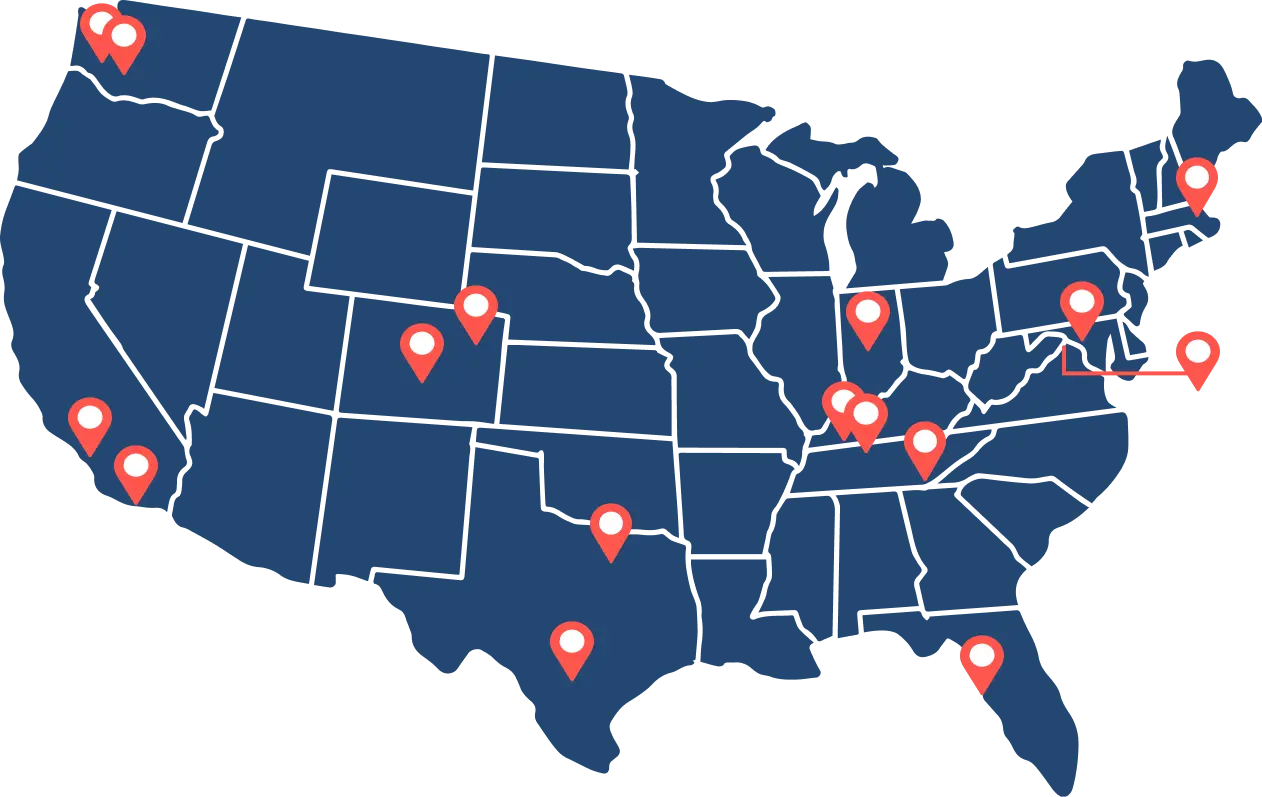Cultivating Connections
A Framework for Building, Strengthening, and Mobilizing Students’ Social Capital
Who helped you get to where you are now? How have you helped others get to where they are?
Social capital—or, simply put, “who we know”—can unlock and open doors to economic and career success for all learners. But how can schools, districts, and communities actively support students in recognizing the value of their existing relationships, expanding their connections, and leveraging their networks to open up new educational and career opportunities?
Why Social Capital Matters
Social capital—or, simply put, “who we know”—can unlock doors to new opportunities. When embedded within educational pathways, social capital tools and strategies can ensure students are better connected to key individuals who can help them understand their postsecondary and career options, prepare for the requirements and expectations of their chosen occupation, and begin to build a strong occupational identity.
Social capital—or, simply put, ‘who we know’—can unlock and open doors to economic and career success for all learners.
Hear What Social Capital Means to Leaders in the Field
Click to play video
Expanding and mobilizing social capital is an economic imperative for students of backgrounds that have been historically underrepresented in high-wage, high-demand fields like healthcare and information technology. Strong ties—those coming from the people closest to you—are certainly critical. Research has found that mentorship (a type of strong tie) is associated with higher levels of college attendance and a 15% boost in earnings between the ages of 20 and 25 (Source: Big Brothers Big Sisters). However, weak ties stemming from one’s acquaintances are the most helpful for connecting people to new job opportunities (Sources: Harvard Business Review; Science). The diversity and breadth of one’s network opens pathways to different information, resources, and support and therefore increases the likelihood of a person finding their way into a new opportunity. Indeed, by some estimates, 75-85% of job seekers find jobs through their networks (LinkedIn).
Yet, many students lack the know-how and confidence to grow and tap into their social capital. Research by the Strada Education Foundation reveals that just half of college seniors feel confident in their ability to network with alumni or professionals to make career connections. Many students experience barriers to experiences like internships that might help build this confidence and strengthen professional networks. Just 2% of high school students participate in internships (American Student Assistance), and while this number increases for college students, there are clear gender, racial, and generational disparities in those who are able to find paid opportunities (NACE). Untapped opportunities to build social capital in fields of interest can leave some students a step behind as they set out into the job market.
Addressing inequities in economic opportunity requires addressing network inequities—and that work must start long before a student enters the workforce. Access to relationships is not equally distributed among students and not all relationships may be supporting development and opportunity at equal rates. Factors such as race, family income, and parental education level can impact the size and scope of students’ networks and the resources those networks can offer. The diversity of students’ networks often varies by income, with students from higher socioeconomic backgrounds more likely to have access to mentors outside of their families than those that come from lower socioeconomic backgrounds.
Few education systems identify social capital development as a critical component in their college and career preparation priorities despite the fact that expanding students’ networks and giving students the tools, confidence, and know-how to leverage their relationships can increase their access to new information, resources, and opportunities. Regrettably, this is too often left to chance. As they work to prepare students for college and career, education systems (with the right framework and tools) can more intentionally work to help students build and leverage their connections.
How can communities more intentionally bring social capital to the forefront in their work to prepare students for college and career? While the field is fairly nascent in this work (see The Current State of Social Capital in College and Career Pathways), this site introduces a framework and a set of tools for how to more purposefully integrate social capital development into pathways and help students develop the skills, confidence, and agency to leverage existing relationships and build new connections in pursuit of their educational and professional aspirations.
Through generous philanthropic support, Education Strategy Group has worked with more than a dozen diverse communities and organizations across the U.S. as they’ve incorporated social capital development strategies into their college and career pathways, in areas like work-based learning, college and career advising, and classroom learning. These include:


- BOSTON, MA
- CHATTANOOGA, TN
- DALLAS, TX
- INDIANAPOLIS, IN
- MONTGOMERY COUNTY, MD
- NASHVILLE, TN
- PINELLAS COUNTY, FL
- SAN ANTONIO, TX
- SAN DIEGO, CA
- TACOMA, WA
Through several years of work with these different communities, Education Strategy Group has gained valuable insight into how educational and community leaders can take action to make social capital access, development, and activation more equitable for their students.





